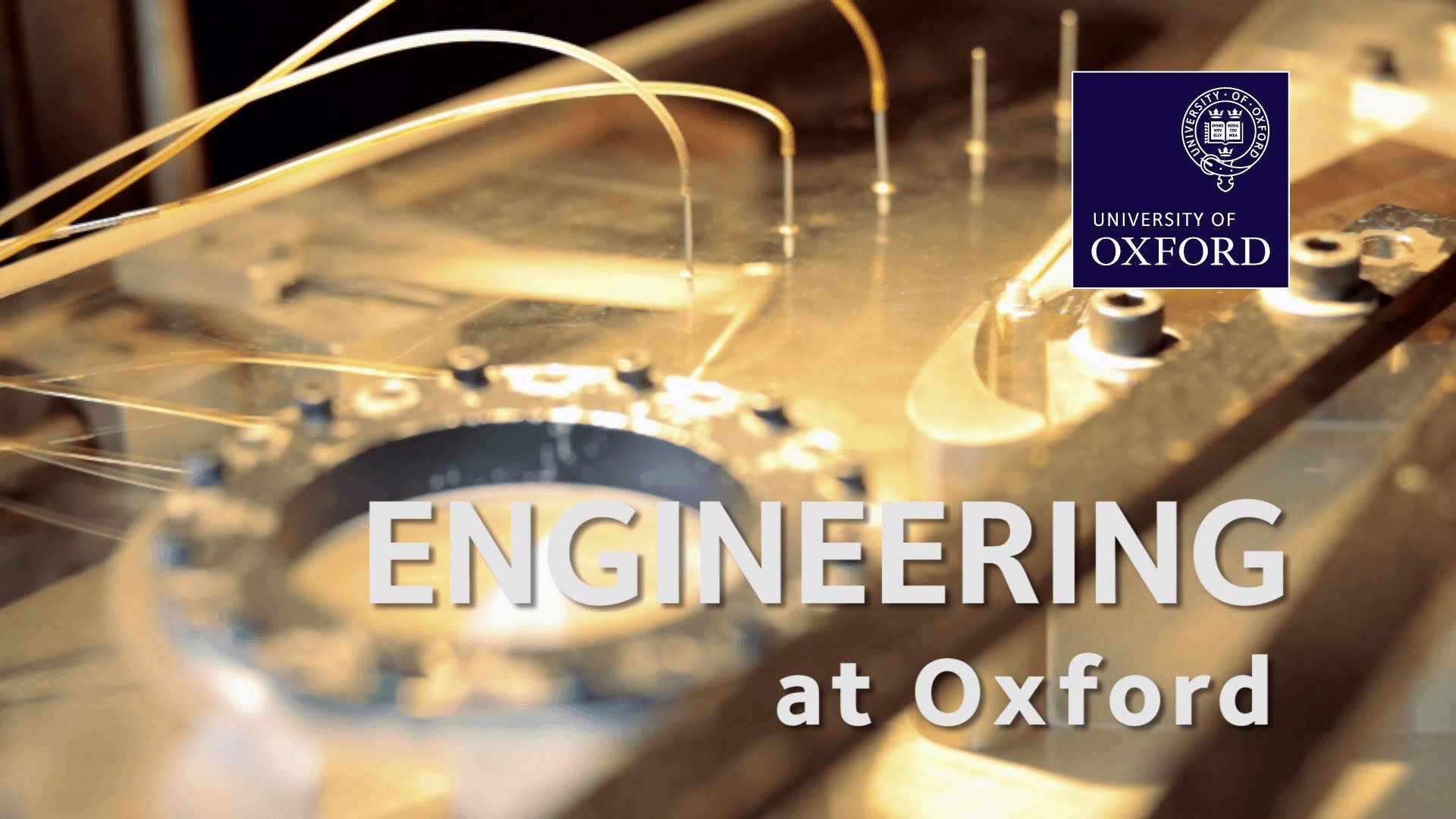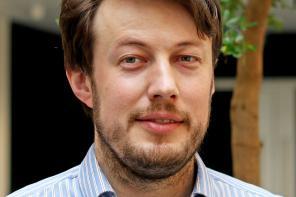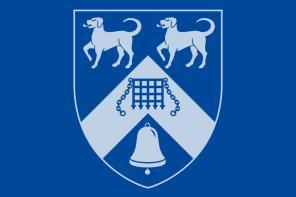Overview
Engineering is the application of mathematics and science to build practical solutions to challenging real-world problems.
Engineering Science at LMH
Lady Margaret Hall (LMH) is ideally suited for engineering students: it is close to the department while still being far away from the crowd. LMH engineering students divide their time between the department, where they attend lectures and labs, and the College, where they attend tutorials in a small group (usually 2 students per tutorial). There are two full-time engineering tutors as well as several other lecturers who provide frequent feedback to the students, and are always available to help.
Admissions requirements and course information
A*A*A to include Mathematics and Physics. The A*s must be in Mathematics, Physics or Further Mathematics. More information on other requirements, how to apply, and a typical week can be found on the Department of Engineering Science website.
Career prospects
The course provides an ideal preparation for further research (PhD in engineering at various universities, including Oxford), or a career in engineering firms ranging from large corporations to ambitious start ups. Some of our graduates even go on to pursue a career in the financial industry. The department boasts an excellent track record in placements. For more information on recent graduates and recent projects take a look at our Case Studies page.
What our students say
I chose to study engineering at Oxford, because in my Sixth Form I was certain that I wanted to study engineering and maybe chemical engineering in particular. I wasn’t certain about this specialism though, which made Oxford University perfect for me because here the first two years are on general engineering, so you get exposure to civil, mechanical, electrical and chemical engineering. This gave me a good insight into all aspects of engineering and in the end confirmed my choice of chemical engineering. In the last two years of the course you get to specialise by choosing five options in the third year and six options in the final year. Accompanying these options you complete labs, which helps to show the theory in practice. In the third year you also get to choose a group design project and a computational project. The group design project has been a highlight for me this year, as you get to work with a small group of people from other colleges on an area of engineering you most enjoy. This year I have been working in a group of five people designing a plant to produce hydrogen which will be used to create hydrogen peroxide. In the fourth year, you work on an individual project that can involve experimental work, computational work or a bit of both. This project is significant as it is worth half of the years’ work.
What I most enjoy about LMH for engineering is that for the first two years the library at LMH has all the books that I need, so there is no need to keep going to the Bodleian or Radcliffe Science libraries. Also, this means that there is a better togetherness with the engineers at LMH as they are generally in college when they work, so we can ask each other questions whenever we need to.
Richard Allen




